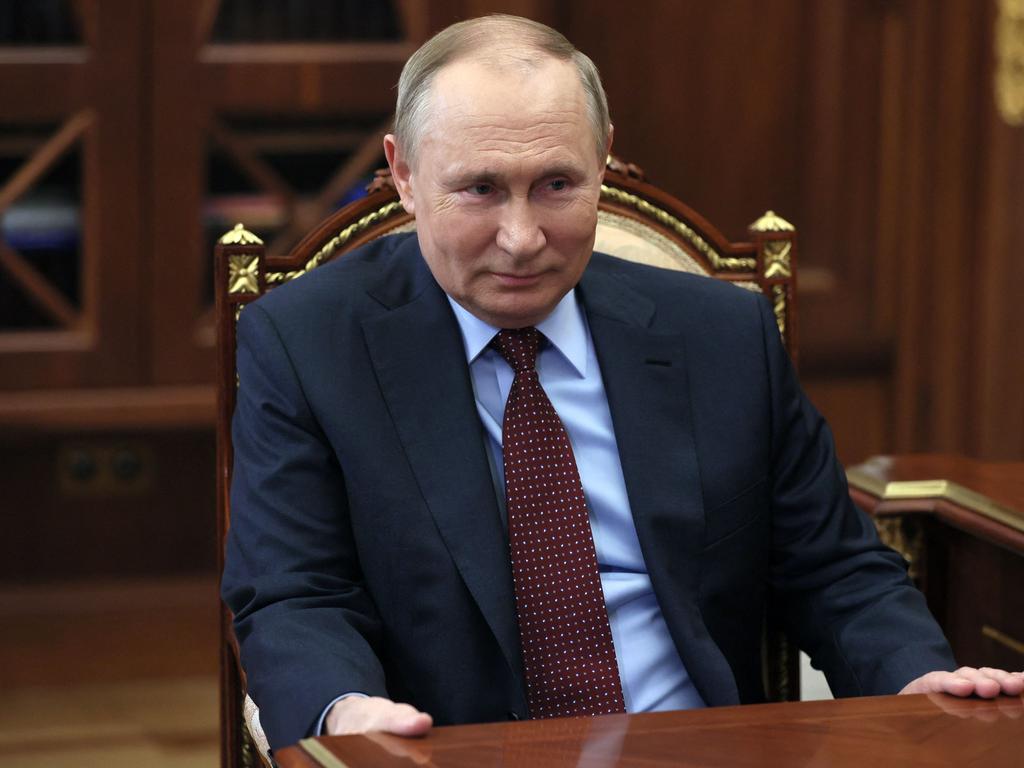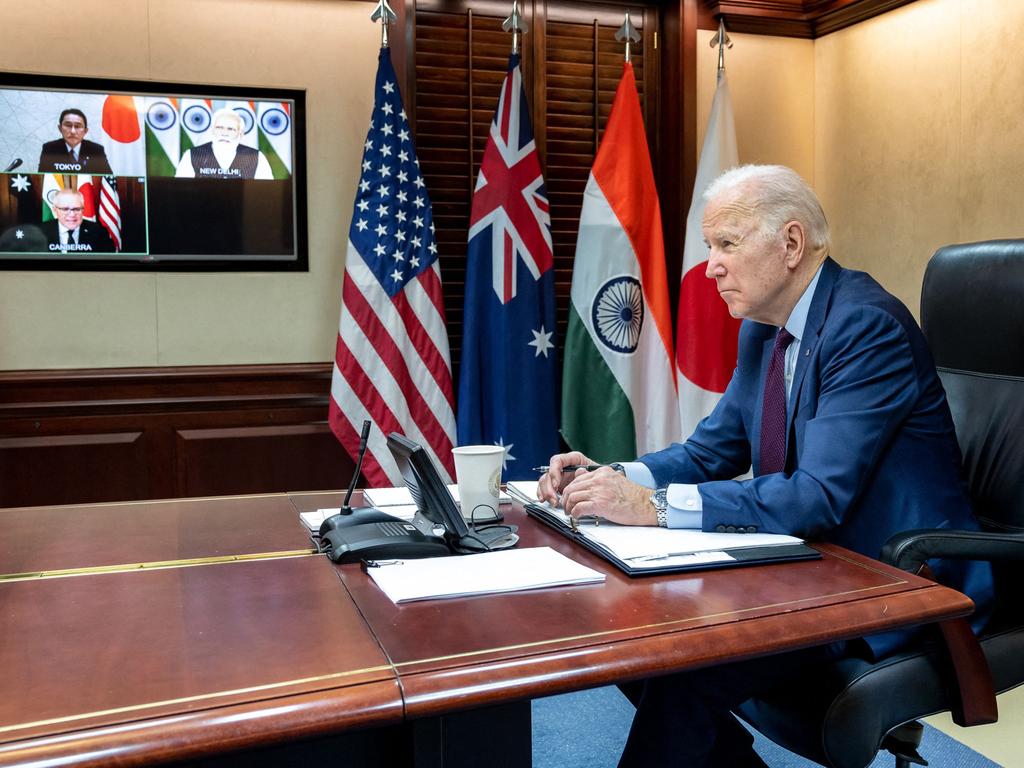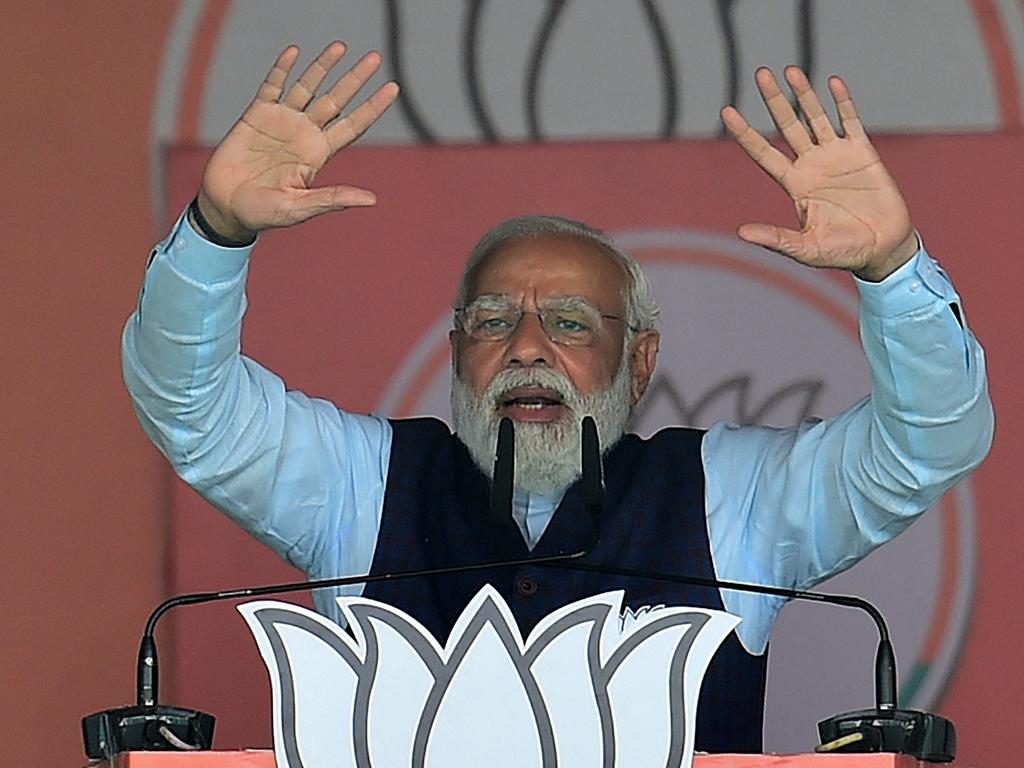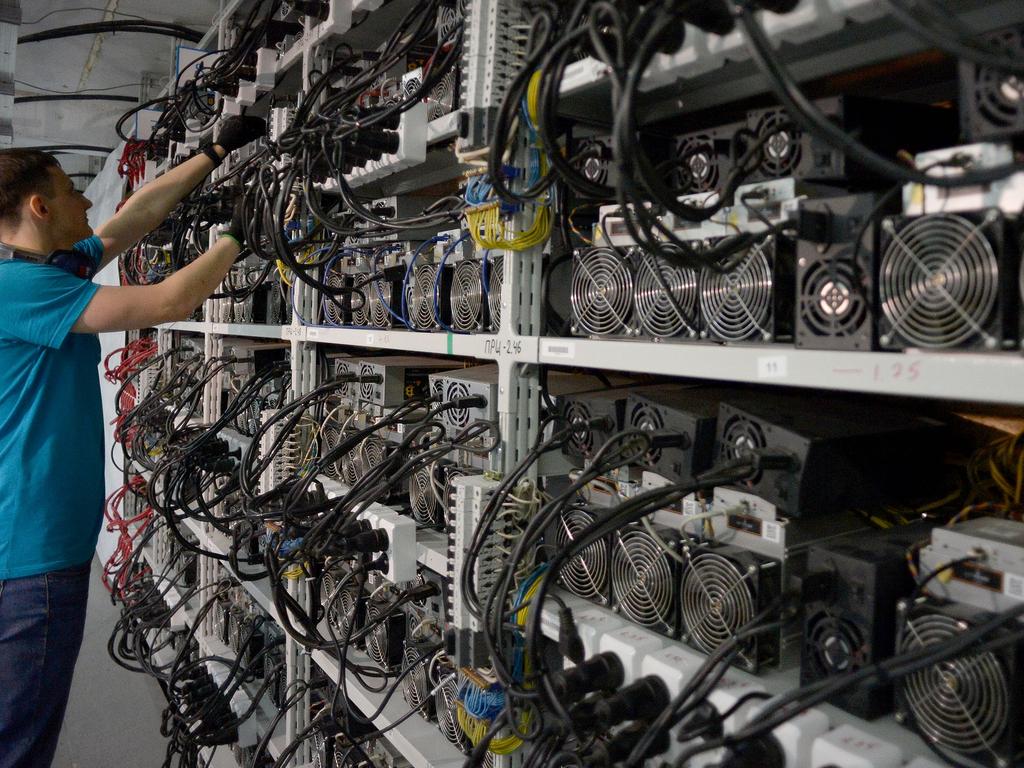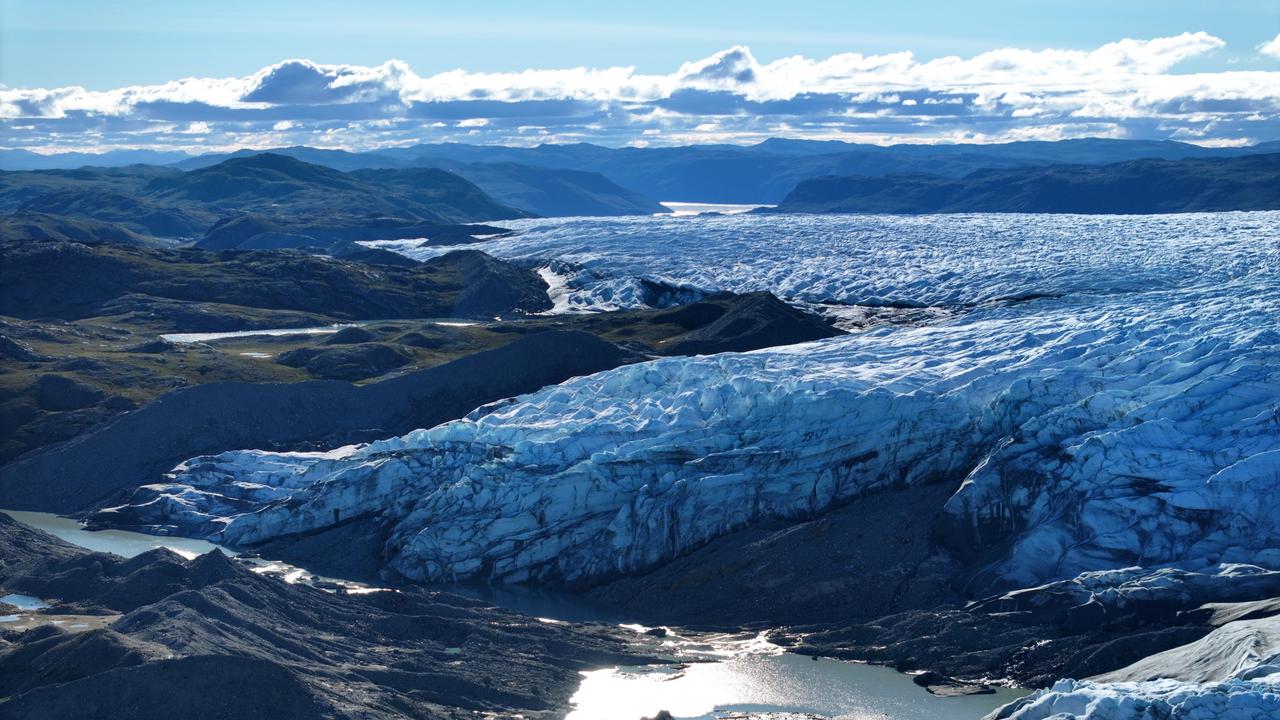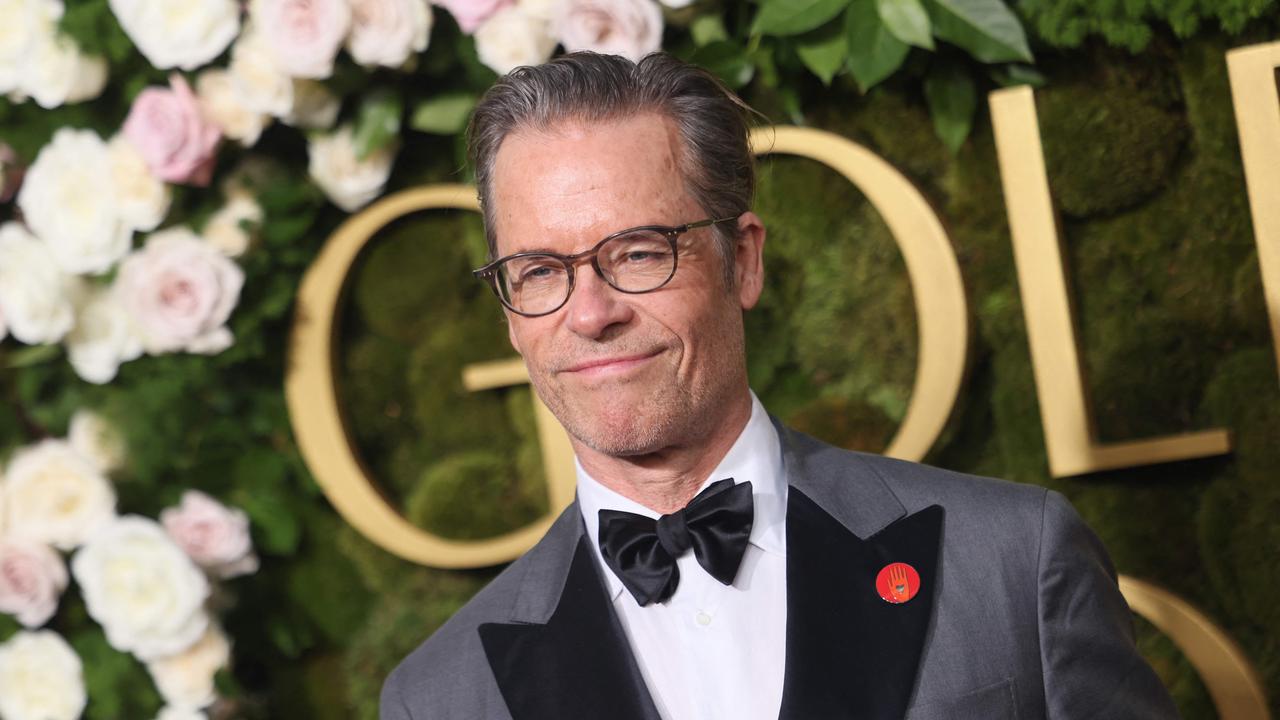Putin’s terrified team blindsided by invasion of Ukraine
Russian president Putin concealed his Ukraine invasion plans from cabinet, who are now too scared to resign, fearing it would be seen as treason.
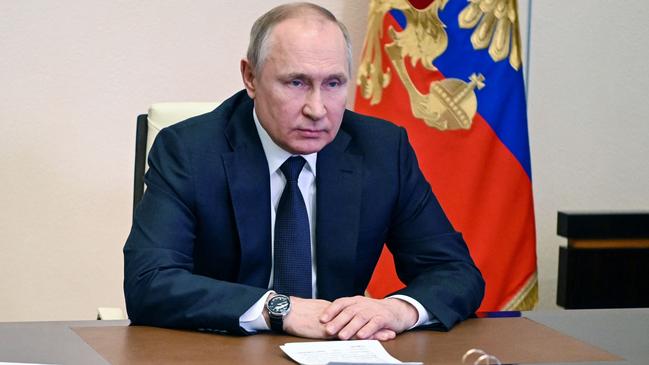
President Putin concealed his plans to invade Ukraine from his cabinet and officials were not prepared for the punishing scale of international sanctions, an investigative website has reported, citing sources close to the Kremlin.
The government was only aware that Putin planned to recognise the two Kremlin-backed separatist regions in eastern Ukraine, formulating its economic policies on the understanding that sanctions would be relatively light, the Agentstvo media outlet said.
“This is f***ed up. They are out of their f***ing minds!” a source was quoted as saying. Many government officials were ready to resign in protest but feared this would be seen as treason, a source said, adding: “Resignation will lead only to a prison camp.”
Before its troops began the full-scale invasion on Thursday, February 24, the Kremlin repeatedly denied it planned to attack. Russian media are banned from using the terms “war” or “invasion” on penalty of imprisonment, and ordered to refer only to a peacekeeping mission or special military operation to keep order in eastern Ukraine.
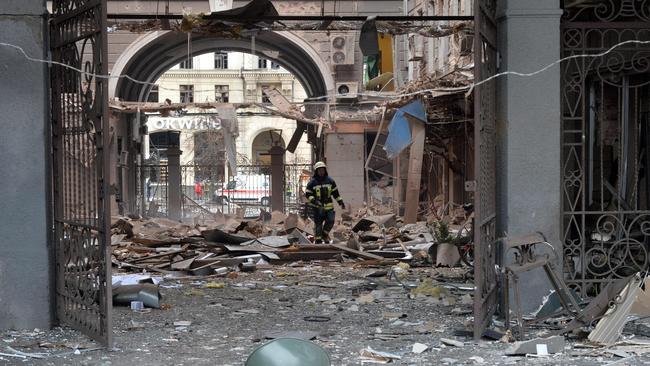
Even after the invasion began, Sergey Lavrov, the Russian foreign Minister, appeared unprepared for the intensity of the global response. “Russia has many friends,” he told Al Jazeera on Wednesday this week. “It is impossible to isolate it.”
Hours later at the United Nations he discovered it had four friends - North Korea, Belarus, Syria and Eritrea - all of whom voted against a resolution deploring Russian aggression. Of the 193 UN member states, 141 voted to call on Russia to immediately cease hostilities and withdraw from Ukraine. Another 34 countries with historical, military and trade ties with Russia, chose to abstain. From Armenia, reliant on Russian troops to keep Azerbaijani forces at bay, to Zimbabwe, where Russia is heavily invested in mining, smaller states with a lot to lose preferred not to stick their heads above the parapet.
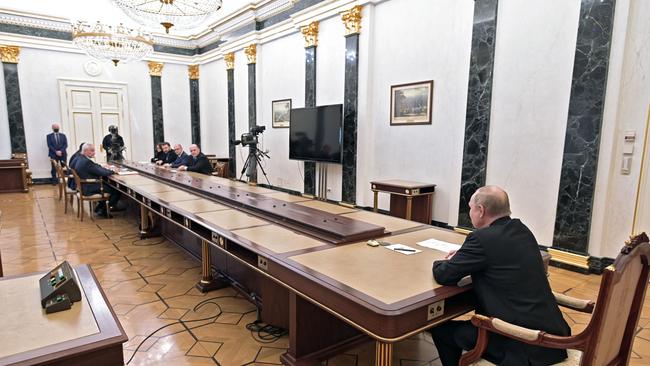
The key abstentions came from China and India. Unwilling to risk all-out confrontation with the West on such a heated topic, two of the world’s largest economies nonetheless continue to trade with the Kremlin, keeping the Russian economy from going under.
China sought to deflect from its abstention. Wang Wenbin, the foreign ministry spokesman, said: “Regrettably, the draft resolution submitted to the general assembly emergency special session for vote had not undergone full consultations with the whole membership, nor does it take into consideration the history and the complexity of the current crisis.”
Western intelligence reports have alleged that early last month senior Chinese officials had asked their Russian counterparts not to invade Ukraine before the Beijing Winter Olympics finished, in a sign that China was aware of the military intentions.
The claim challenged an earlier belief that President Xi was “played” or “lied to” by President Putin when the two men met on February 4 in Beijing, hours before the Games began, and committed themselves to a “back-to-back”, “shoulder-to-shoulder” and “limitless” partnership.
Instead, the western intelligence reports could implicate China as having played the role of an accomplice. Since the invasion began Beijing has refused to call it an invasion, and has abstained from two UN votes - one at the Security Council and the other at the general assembly - to condemn Russian military aggression. However, it has not openly supported Moscow.
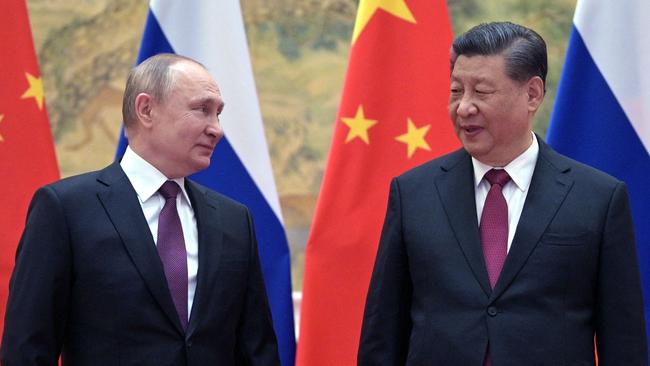
Yesterday (Thursday) the Chinese foreign ministry rejected the intelligence reports as “pure fake news”. Wang, the spokesman, said: “Such an act to divert attention and shift blame is quite despicable.”
Referring to the US, he said: “We hope the creator of this crisis should review its role in the Ukraine crisis, shoulder its responsibilities, and take real acts to ease the situation and solve the problem, instead of blaming others.”
The intelligence indicated that senior Chinese officials had some level of direct knowledge about Russia’s war plans or intentions before the invasion, reported The New York Times, citing a US official and a European official.
Citing inside sources, the South China Morning Post reported that China had stopped short of supporting or opposing the move but asked Russia to hold off until the Winter Olympics ended.
It is unclear to what extent China was informed by Russian officials about the military plans and whether the alleged conversation took place between Xi and Putin or between other senior government figures.
On February 18, when Wang was asked about the US intelligence that Russia was ready to launch a war within days, he said: “Nobody should put up a smokescreen of war and use it as leverage, or threaten others with sanctions and pressure, still less resort to the means of inciting bloc confrontation.”
The Winter Olympics ended on February 20, a day before Putin gave a speech recognising the breakaway Donetsk People’s Republic and Luhansk People’s Republic in eastern Ukraine and ordered Russian troops to enter them on a “peacekeeping operation”.
After the full invasion began on February 24 Hua Chunying, another spokesman for the foreign ministry, was asked if the US had been correct. He criticised Washington for heightening tensions and asked: “Do you know how many arms and ammunition the US has sent to Ukraine?”
The Winter Paralympics begin in Beijing today (Friday) and run until March 13. Yesterday (Thursday) the International Paralympic Committee banned Russian and Belarusian athletes from participating, reversing a declaration on Wednesday that they would be allowed to do so under a neutral flag.
The Times

